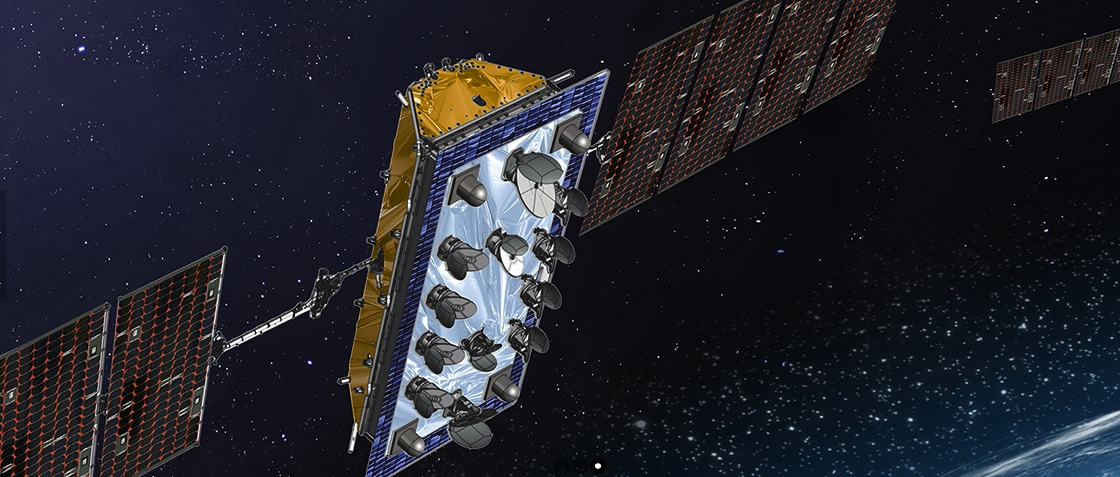Thales Alenia Space and LeoSat Enterprises have signed the phase B contract for the development of a Low Earth Orbit (LEO) satellite constellation. Currently expected to launch in 2018/2019, it will offer very-high-speed broadband, low latency and secure global connectivity, setting a new standard in satellite network performance.
Following the initial phase resulting in the preliminary definition of the LeoSat constellation, which validated the technical feasibility of the system and its compatibility with other Ka-band services, the current phase B concerns the detailed definition of the overall system architecture and performance specifications, including both the ground and space segments. It will also provide the framework needed to set up an optimized organization for production and deployment.
The LeoSat constellation will comprise from 78 to 108 high-power Ka-band satellites in low Earth orbit, providing global service for large corporations and government agencies. The satellites will use the enhanced EliteBusTM platform, offering higher payload power and mass while optimizing launch cost and schedule.
LeoSat will rely on Thales Alenia Space’s proven industrial organization and capability developed in the frame of previous constellations such as O3b and Iridium Next, delivering a cumulated 125 LEO/MEO satellites.
Thales Alenia Space, which recently acquired RUAG's opto-electronics business, now has the ability to provide an in-house solution for the constellation’s critical optical inter-satellite link technology, which is key to overall system performance.

